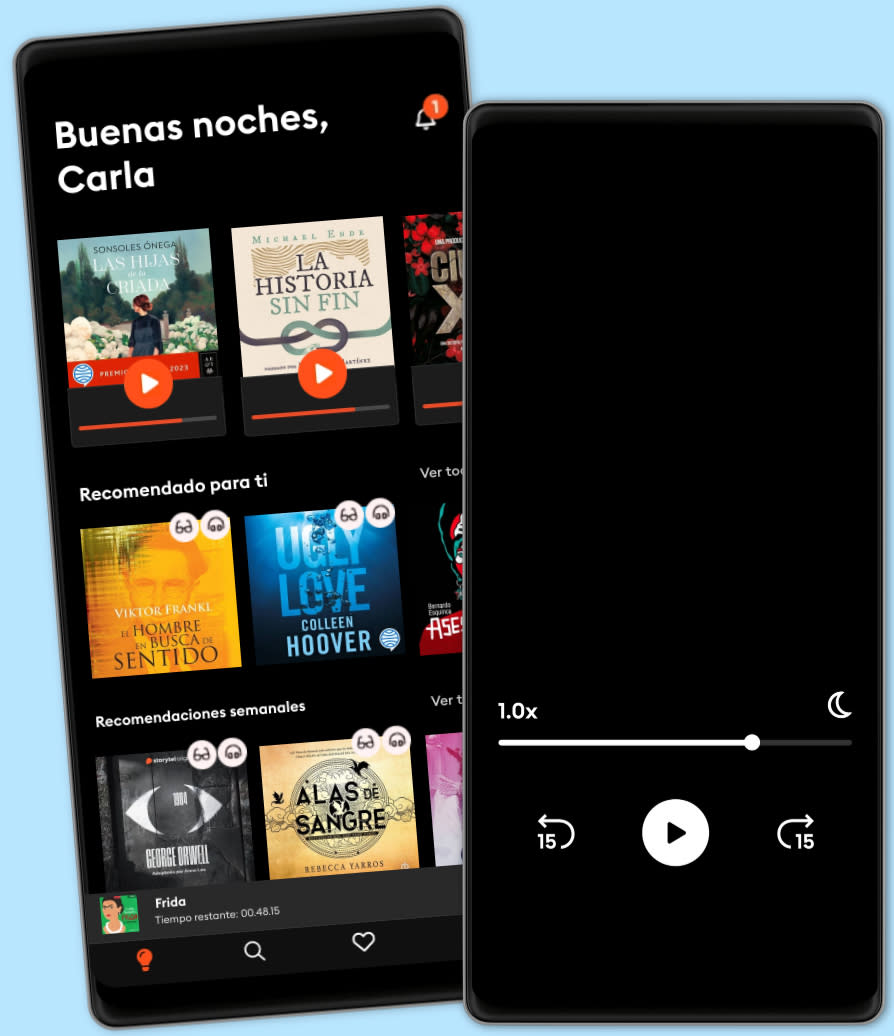Integration Series - La serie de libros
- Series
- 4
- Categoría
- Religión y espiritualidad
- Idioma
- Inglés
- Formato
Fuller School of Psychology
Integration Series
Series editor, Brad D. Strawn, PhD
Evelyn and Frank Freed Professor for
the Integration of Psychology and Theology
The school of psychology at Fuller Theological Seminary began its unique ministry of training clinical psychologists (PhD) in Pasadena, California in . The uniqueness of this training was that it was conducted in a seminary where students received an education that emphasized the integration of psychological theory and science with Christian theology. In the school of psychology was the first clinical program in a seminary to be accredited by the American Psychological Association. In it expanded its training to include the Doctor of Psychology degree, PsyD, as well as the department of marriage and family.
In those early days (and in certain quarters even today) some wondered what the two disciplines of psychology and theology could say to each other. Some thought it an contamination to integrate the two conceiving psychology as a secular and anti-Christian science. But the pioneers at Fuller school of psychology disagreed. Rather than taking an adversarial approach, the faculty developed a variety of models for integrative dialogue, conducted empirical research in the psychology of religion, and reflected on working clinically with people of faith. Through it all Fuller has endeavored to bring the best of Christian theology (faith and practice) into honest conversation with the best of psychology (science and practice).
One of the hallmarks of the Fuller integration project is the annual Fuller Symposium on the Integration of Psychology and Theology, better known as the Integration Symposium. Each year a noted scholar working at the interface of psychology and religion is invited on campus to give a series of three lectures. These lectures include three respondents, one from the school of psychology, one from the school of theology, and one from the school of intercultural studies. In this way, the lectures and the dialogue that follows continues in this integrative dialogical tradition.
Included in the are works that have emerged from these Integration Symposium Lectures, dissertation projects that have passed with distinction, and integrative projects written by scholars both within and outside the Fuller community. The series endeavors to both preserve the rich tradition of the Integration Symposium as well as create opportunities for new dialogue in the integration of psychology and theology. This volume emerges from the lectures given by invited guest Marie Hoffman in February .
Laura Robinson Harbert, PhD, Assistant Professor of Psychology, Department of Clinical Psychology
Terry D. Hargrave, PhD, Professor of Marital and Family Therapy, Department of Marriage and Family Therapy
Pamela Ebstyne King, PhD, Peter L. Benson, Associate Professor of Applied Developmental Science, Department of Marriage and Family Therapy
Integration Series libros en orden
- A Christian Approach to Counseling and Psychotherapy: Christ-Centered, Biblically-Based, and Spirit-Filled Siang-Yang Tan
- Integration as Integrity: The Christian Therapist as Peacemaker Cameron Lee
- When the Roll is Called: Trauma and the Soul of American Evangelicalism Marie T. Hoffman
- The Good News about Conflict: Transforming Religious Struggle over Sexuality Jenell Paris
Escucha y lee
Descubre un mundo infinito de historias
- Lee y escucha todo lo que quieras
- Más de 500 000 títulos
- Títulos exclusivos + Storytel Originals
- 14 días de prueba gratis, luego $24,900 COP/al mes
- Cancela cuando quieras

Español
Colombia